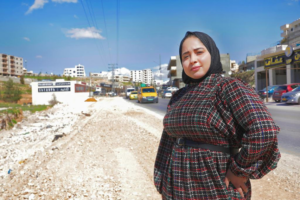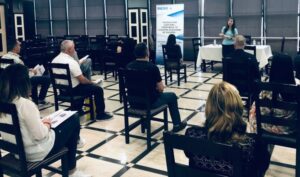LESSON
Lesson Learned: Citizens: empowering local communities, improving local governance
This project has demonstrated that even in the complex and difficult context of Palestine, setting realistic objectives in terms of the number of beneficiaries and communities of intervention, and adopting a pragmatic approach that includes relevant and useful activities such as training and community services, can engage different target groups, regardless of their political affiliations and sensitivities, and generate impact at both the individual and community levels.


Project Partner
Zimam for Creativity and Development
Project Description
Zimam’s Leadership Incubator wants to inspire young leaders and give them the confidence and training to inspire their communities. The program offers policy and problem-solving workshops, engagement and meetings with business, political, and social leaders, and opportunities for youth to implement their own initiatives aimed at social transformation. In doing so, we can empower young people to realize their potential as confident and capable change-makers who can lead their communities. Project activities also incorporate actions in response to the Covid-19 crisis as it impacts youth.
Report
Evaluation Date
March 2023
Country

